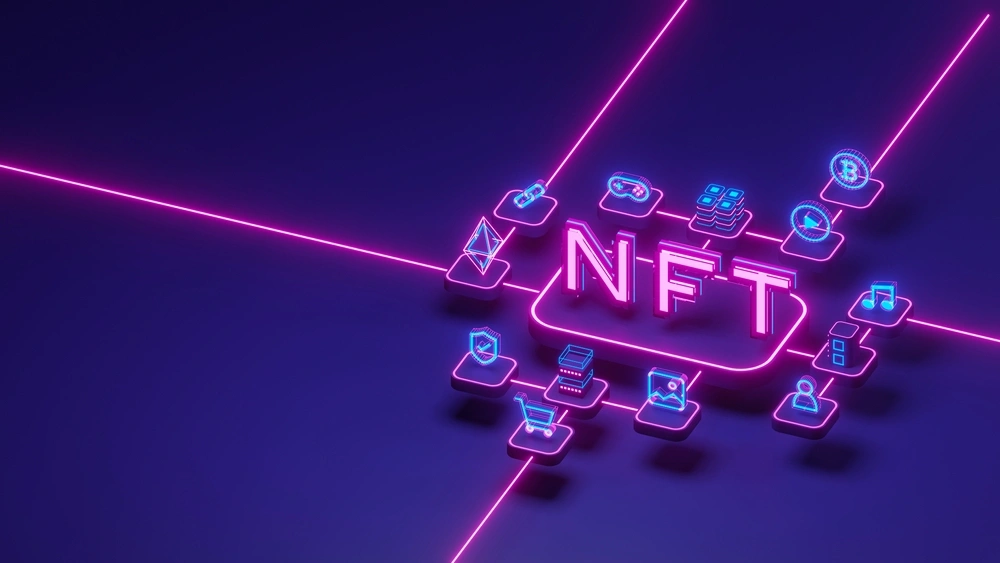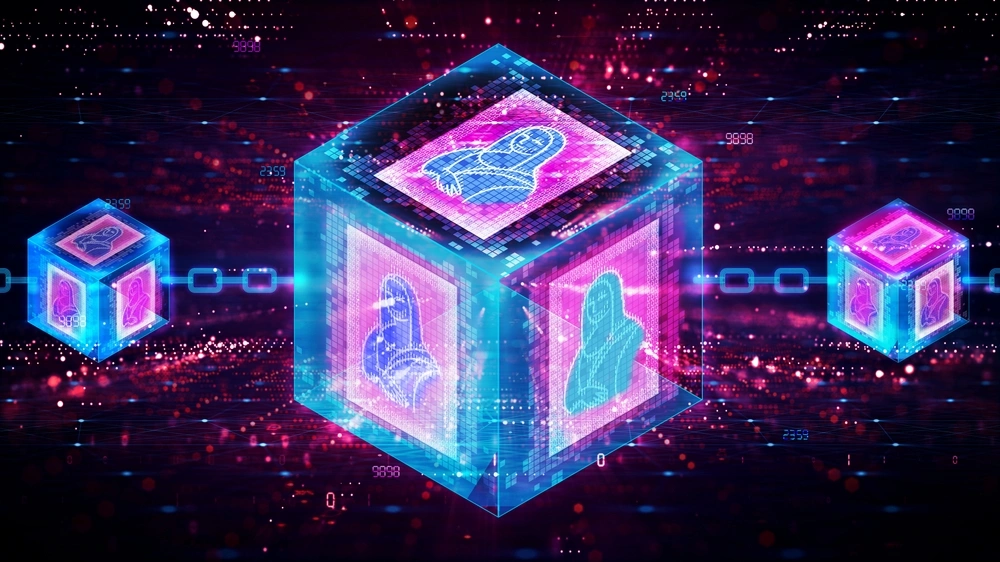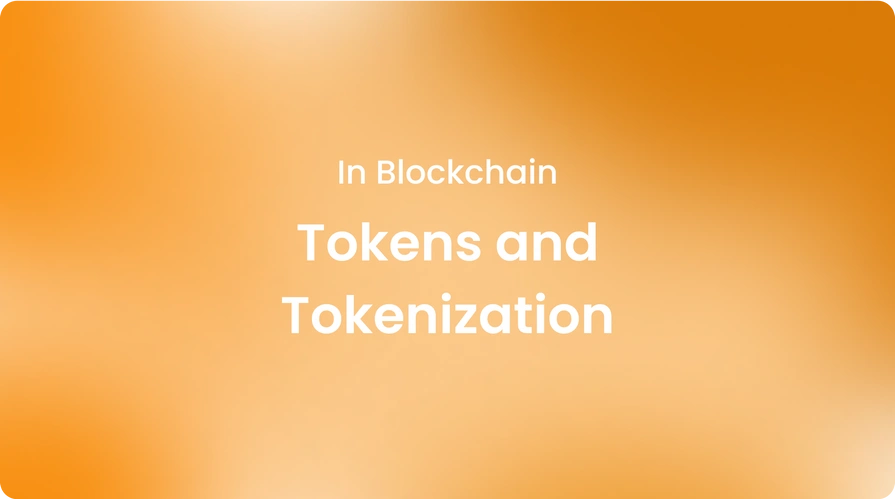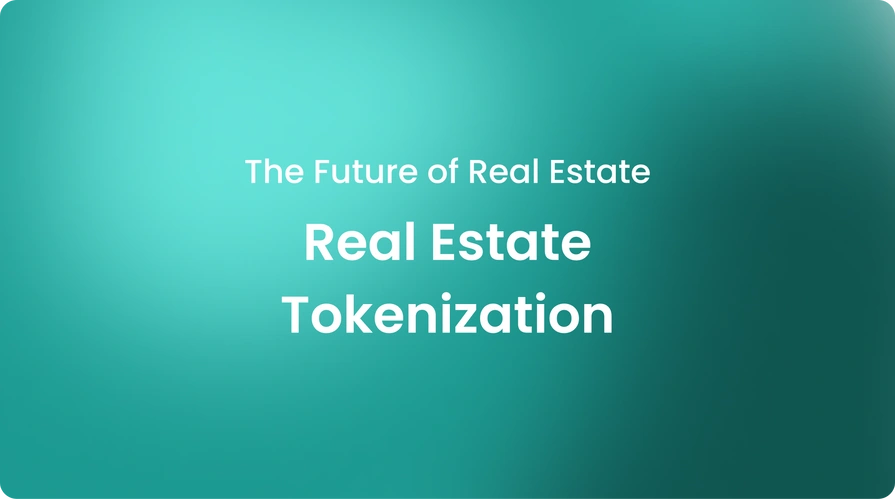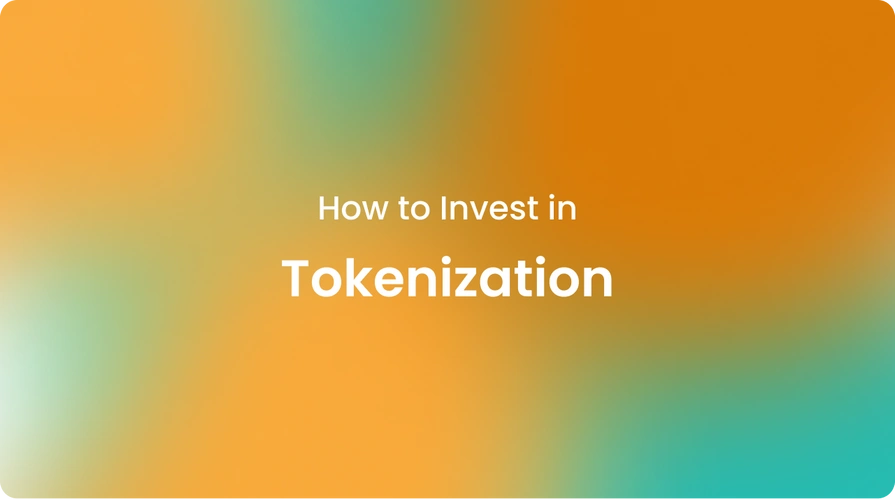|technology, knowledgehub
What Is Asset Tokenization?
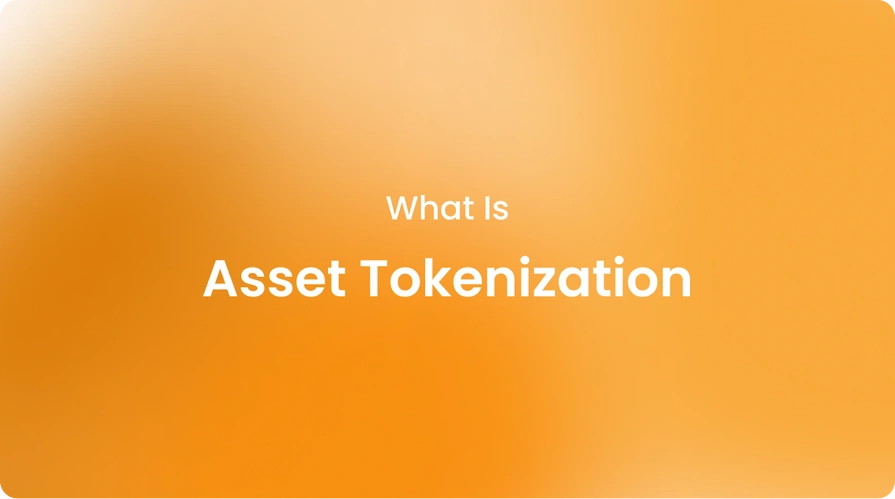
The concept of asset tokenization is gaining significant traction in today's digital world. But what exactly is asset tokenization, and how does it work? In this article, we'll explore the basics of asset tokenization, its key benefits, and its implications for the future with tokenization features.
Simply put, asset tokenization refers to the process of representing ownership in physical and digital assets on a blockchain in the form of digital tokens. Users can easily transfer, trade, and fractionally own these crypto tokens.
The goal of this type of tokenization is to leverage blockchain technology and cryptocurrencies to unlock liquidity in assets like real estate, artwork, commodities, and many others that have traditionally been highly illiquid.
What are the benefits of asset tokenization?
There are several important benefits that tokenized assets provide:
Increased liquidity
By representing assets on a blockchain, it becomes much easier to trade 24/7 on crypto exchanges. This allows investors to more easily buy and sell fractions of assets. Tokenization enables the conversion of traditionally illiquid assets like real estate into liquid digital tokens.
If you want to learn more about types of tokenization, you can check out “real estate tokenization," “gaming tokens," "NFT," “RWA tokenization,” “tokens and tokenization,” and “cryptocurrency tokenization.”.
Fractional ownership
Tokenization makes it possible for investors of all digital asset levels to gain exposure by allowing fractional ownership.
Previously, high-value assets were practically inaccessible to smaller investors. Now, smaller investors can afford high-value assets by breaking them into smaller tokenized pieces, even if the asset is worth millions. Make sure to check “Invest in tokenization” to learn more details.
Transparency
Blockchain technology provides an open and transparent record of all transactions. Investors can verify ownership and track the allocation and movement of assets with traceability and auditability not available with traditional assets.
Global Access
The digital nature of tokenized assets allows them to transcend geographical boundaries. This grants global investors access to new markets and opportunities regardless of where they and the underlying assets are located. You can also easily make tokenized payments.
Key capabilities tokenized assets provide
In addition to the benefits of tokenization above, tokenized assets have several unique characteristics powered by blockchain.
Here are the key capabilities of tokenized assets:
Programmability
Smart contracts enable the programming of assets with customizable rules, payments, and automation. This allows for new types of innovative business models.
Divisibility
Breaking assets into highly divisible units facilitates fractional ownership down to micro-units and surpasses the limitations of physical assets.
Transferability
Crypto tokens enable seamless and instant cross-border transactions of assets through any internet-connected device, without the need for third-party intermediaries.
Tradeability
Trading tokenized assets is easier than trading physical assets since they behave like traditional digital assets on decentralized exchanges with constant online liquidity.
Which types of assets can be tokenized?
While the most familiar examples are cryptocurrencies, the full spectrum of assets that can undergo tokenization is quite vast.
Here are some of the prime candidates:
Real estate
Tokens represent ownership of physical property, such as buildings or land parcels.
Private equity
Crowdfunding portals sell shares of private companies. EURK tokens represent private equity securely.
Debt instruments
Investors issue bonds, loans, and mortgages on crypto networks.
Collectibles
Artwork, antiques, wine, and classic cars that can be fractionalized.
Venture capital funds
Allowing investment in startup portfolios through token-based shares.
Commodities
Crypto traders conduct digital transactions for valuable materials such as precious metals and agricultural goods.
Intellectual property
Tokenization enables the tokenization of royalties and rights to music, movies, and more.
Artwork
From digital collectibles to fractional shares in significant pieces sold via platforms.
Vintage cars
Investors can invest in rare vehicles via crypto tokens.
Regulated securities
Investment trusts have issued regulated security tokens.
Essentially, if an asset generates value and is divisible, it's a good candidate for tokenization. This opens up immense opportunities ahead as the market pushes to tokenize more classes.
The future opportunities seem endless as entrepreneurs tokenize new assets each year for unprecedented access. Institutional projects also promise to make this domain mainstream.
How does asset tokenization work?
The general process of asset tokenization involves the following key stages:
Asset sourcing
The owner of the asset to be tokenized is identified. We determine the details, such as structure and regulatory requirements.
Token creation
Coders create a smart contract that defines the token and asset. The smart contract emits tokens on a blockchain.
Asset custody
Qualified one-stop shop crypto service providers like Cryptobunq securely store the real-world asset or rights to it. You can easily benefit from our custody and wallet, and tokenization solutions.
Token distribution
After allocation, the crypto tokens become available for trading on exchanges or via private placements.
Asset servicing
On-chain management handles activities linked to the tokenized asset, such as processing transactions and tracking dividends.
Proper protocols around KYC and AML checks, regulatory compliance, and established operational infrastructure are prerequisites. Overall, tokenization streamlines traditional financial processes onto digital rails for improved accessibility and transparency.
What is the need for asset tokenization?
While digital innovation has transformed many industries, traditional finance has remained conservatively paper-based. Asset tokenization allows for new types of innovative business models through the tokenization of assets.
Tokenizing the asset on a blockchain allows it to function as a cryptocurrency and trade freely. Tokenization addresses this need for modernization by bringing several legacy asset classes into the digital age.
Some specific drivers include:
Democratization
The democratization of investing has led to increased accessibility and participation in financial markets. Lower minimums make previously out-of-reach assets available to retail markets.
Globalization
Trading a token representing an asset freely across borders broadens investor pools.
Portfolio diversification
Crypto-native investors can balance crypto holdings with traditional, real-world assets via tokens.
Market efficiency gains
Faster settlement periods, no minimum lots, and less paperwork streamline processes.
Innovation stimulation
Tokenization creates opportunities for new business models, financial instruments, and disruptions.
Compliance advantages
Smart contracts improve regulatory adherence by programming rules like KYC into transactions.
So in many ways, asset tokenization bridges the gap between centralized finance and cryptocurrencies by bringing traditionally stagnant asset classes to blockchain networks.
How do you tokenize an asset?
Let's take a look at the practical process of how to actually tokenize an asset through a real-world example!
An early-stage tech startup called TechUnicorn wants to tokenize its shares:
Incorporate the company and structure the security
TechUnicorn establishes itself as a traditional C-Corp and plans to tokenize 10% of its shares.
Engage service providers
It chooses Cryptobunq as its custodian and signs up for tokenization solutions to comply with regulations.
Determine token standards
The team chose ERC20 as the technical standard for coding the tokenized equity tokens.
Developing smart contracts
Companies hire developers to write the token contract terms, including ownership rights, dividend calculations, etc.
Conduct a security audit
An independent audit of the smart contract takes place to check for vulnerabilities.
Token launch
After clearing the checks, the agency helps launch the tokenized shares.
Post-issuance services
The Cryptobunq custodian secures shareholders’ assets and provides reporting going forward.
With the proper framework, any asset class can transition to the digital world through tokenization in a compliant manner. These principles are shaping the future of digital finance. You can check out our case studies to discover more about our crypto services.
What is the future of asset tokenization?
Industry analysts project tokenized assets could capture 10–20% of global wealth within the next decade, representing up to $24 trillion in value. As regulations evolve and acceptance grows, asset tokenization could disrupt entire industries by opening new asset classes to investment.
Real estate crowdfunding, private company ownership, fine art investing—opportunities that were off-limits to most could become fully digitized global markets. Savvy fund managers are already preparing by educating clients and experimenting with tokenized portfolios.
In the long run, household investment may increasingly involve blended portfolios containing traditional and tokenized assets. Technologies like AI could even automate individual retirement planning involving tokenized alternative investments.
Though challenges remain around governance, standards, and oversight, asset tokenization's potential to turbocharge capital formation and market access is undeniable. Investors should closely monitor this emerging space, as it holds the potential to unlock both rewards and risks in the years ahead.
How do I invest in tokenized assets?
For accredited or institutional investors, the process typically involves working with designated issuers, brokers, or platforms. They screen opportunities and handle compliance matters like know-your-customer checks.
Investors then fund their account with fiat or crypto, from which they can select specific token offerings to participate in via the platform's interface.
In some cases, investors may buy tokens directly from secondary markets on decentralized exchanges. This provides additional liquidity but opens users to greater risks if not purchased directly from the original issuer.
As the space matures, we can expect an increasing variety of options and levels of involvement for different investor profiles.
The bottom line
Asset tokenization bridges traditional finance and blockchain by converting physical and digital assets into blockchain-based tokens. This allows assets to take on cryptocurrency-like qualities of programmability, liquidity, and global accessibility while maintaining ties to real-world value.
Tokenization has massive potential benefits for investors, businesses, asset managers, and global financial inclusion by bringing new levels of efficiency, transparency, and opportunity to all classes of real assets.
With even small fractions of multi-trillion-dollar asset categories becoming tokenized over the next decade, this will prove transformative for the global economy.
For individuals, exploring tokenized offerings on trusted platforms presents exciting opportunities for participating in this revolution from the ground floor. Asset tokenization represents the next stage of crypto going mainstream.
While regulation and standards are still evolving, expert crypto service providers like Cryptobunq that offer secure infrastructure and services are helping build this new digital future. You can easily integrate tokenization solutions with CBQ. Contact us today and explore the benefits!
